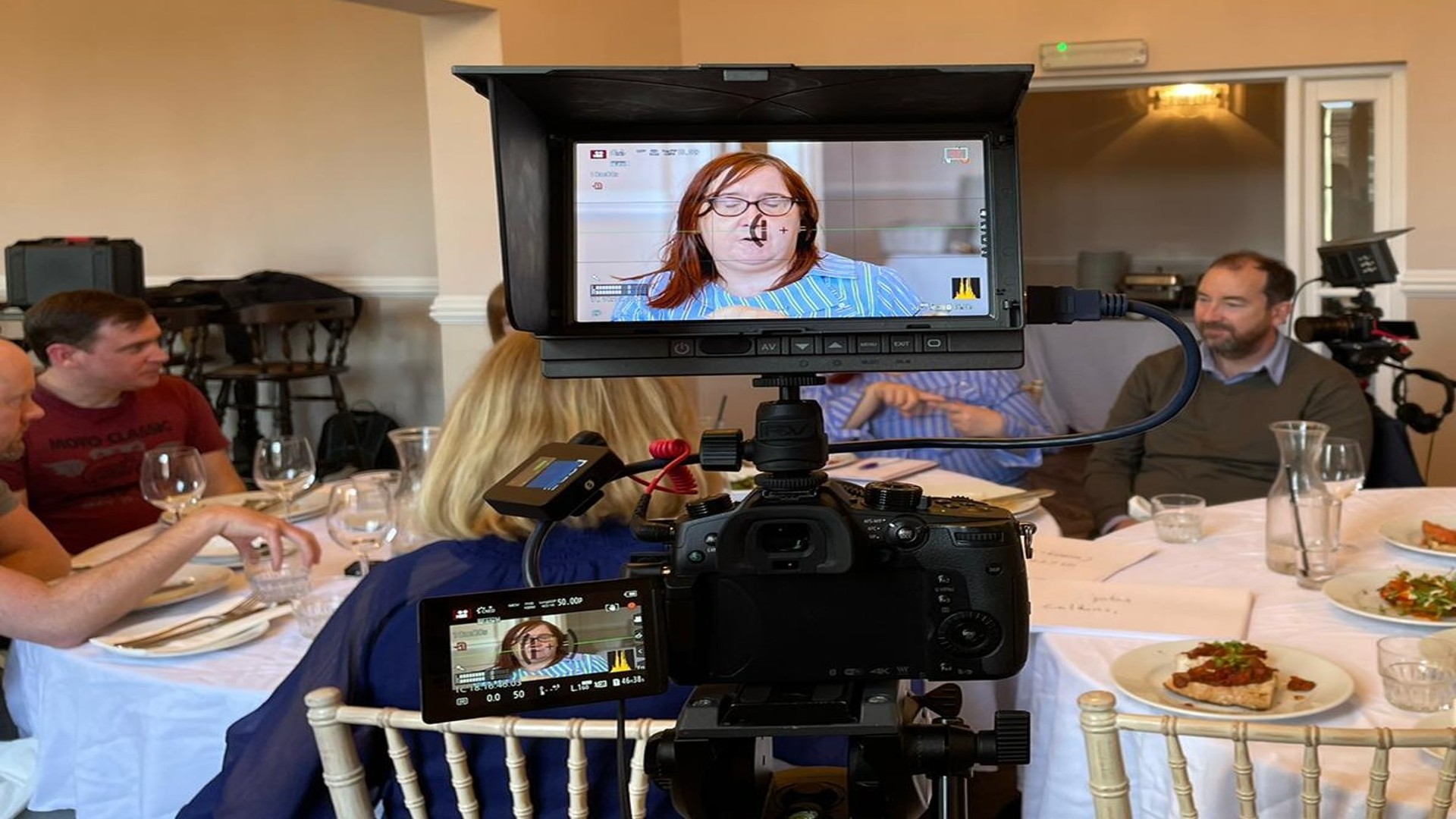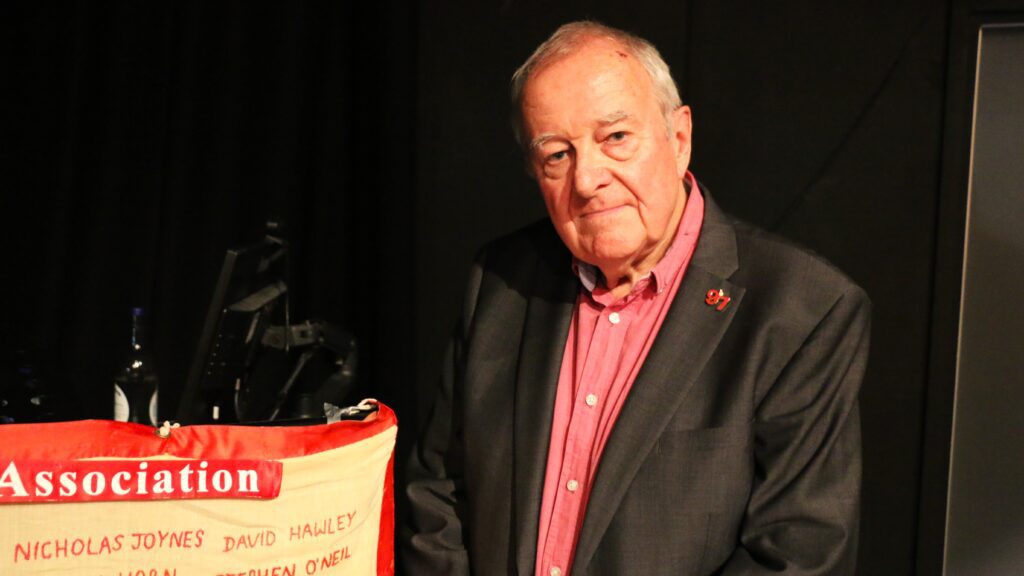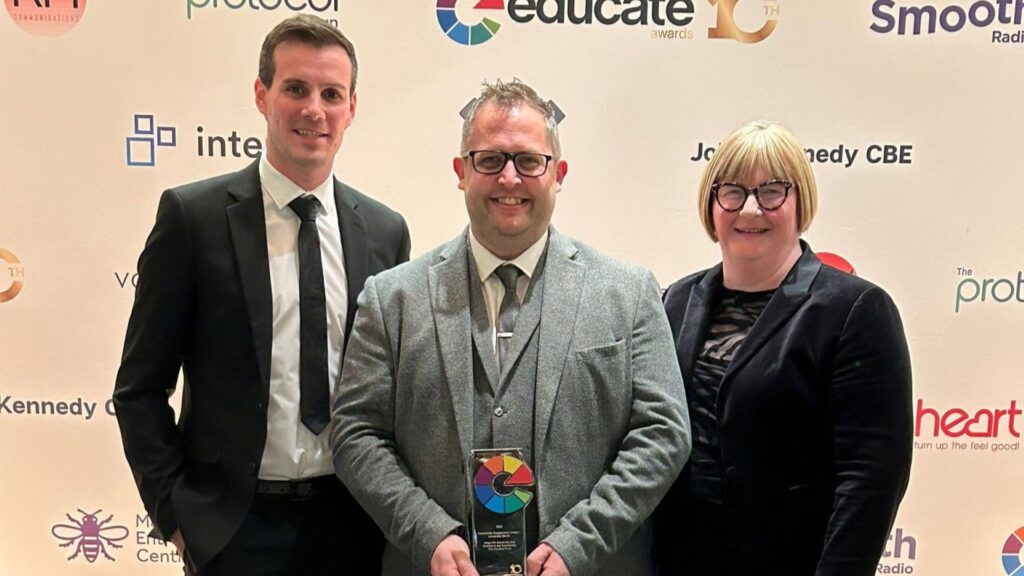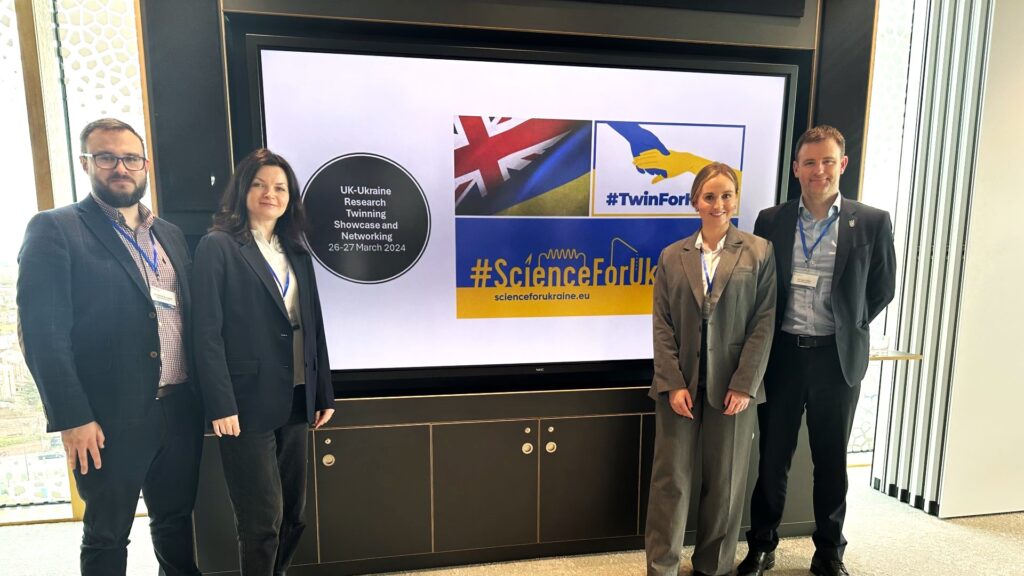TV and Media expert Dr Elke Weissmann worked with community group Love Wavertree CIC and researchers from the University of Liverpool’s Heseltine Institute for Public Policy, Practice and Place to create Wavertree TV, which promoted simple lifestyle changes and community action to combat climate change.
Dr Weissmann said: “Wavertree residents have kindly lent me their time to create some incredible television programmes about local climate change concerns. I’m excited that we can now show the public the results of the work.”

To create Wavertree TV, local people were invited to four climate assemblies, organised around the themes of food, transport, housing and business. These were then turned into eight television programmes which were screened in the community and followed up by a short survey and interviews, with some fascinating results.
Residents involved in the project found a new sense of purpose after taking part. One said: “You often don’t think about the issues and contributors to climate change, but from these programmes, it’s allowed me to see the small first steps I could do to help.”
Another resident said they had learnt “how the little things you do can have a massive impact on the environment” and another saw “how communities can come together not just help to each other but also with climate change.”
The research findings will be presented at an exhibition at Wavertree Library, Picton Road, L15 4LP on 23rd August along with screenings of the Wavertree TV programmes and behind-the-scenes photos showing how it was all made. You can watch the film trailer here.
Dr Weissmann explained the project saying: “The media struggle with understanding how to communicate issues of climate change. The scant research that examines how audiences can be motivated to take action suggests a need for more local, positive stories.
“Our research shows, however, that even this is not enough to motivate climate action, but that a more coherent and holistic approach needs to be taken to engage local communities in climate action.
“The project was initially focused on climate change but as it developed it became increasingly clear that other aspects – such as food poverty, health inequalities, life expectancy, quality of life and mental health – intersect so strongly with this goal that they need to be understood as co-dependent.”

Dr Weismann grouped the community’s concerns into three branches: community, climate justice and social equality. In communities like Wavertree, these branches operate in conjunction with each other and using all three was shown to improve engagement.
Research Associate Belinda Tyrrell from the Heseltine Institute added: “Both local and national policy including the Levelling Up white paper recognise the valuable role our communities can play in working towards solutions to tackling persistent societal challenges.
“However, public policy makers need to understand what the barriers to participation are and how we can generate capacity within the community so they feel able to engage. Our research points to effective communication, including using a clear shared language and accessible mediums like public tv as being key to making policy more accessible and encouraging people to take action.
“While the value of public participation is recognised, to achieve its full potential thought needs to be give to how we create the physical space and deploy mechanisms of engagement, so all members of the community can take part in these discussion, enabling policy makers to tap in the skills, knowledge and experience assets within our communities to create sustainable change.”
All of the research findings are available via this link and Wavertree TV can be viewed on its YouTube channel.

All of the programmes for Wavertree TV were made with the help of Edge Hill University media students, supported by community group Love Wavertree CIC and researchers at the University of Liverpool’s Heseltine Institute for Public Policy, Practice and Place.
The British Academy funded the project as part of their Shared Understandings of a Sustainable Future, which funds projects examining a people-centred transition to Net Zero and sustainability.
If you live in Wavertree and are interested in getting involved or want to know more, please contact Dr Elke Weissmann at [email protected].
To find out more about Edge Hill’s pioneering Television Studies Research Group, please visit their webpages. Further detail about the work of the Heseltine Institute can be found on the University of Liverpool webpages.
August 19, 2022



